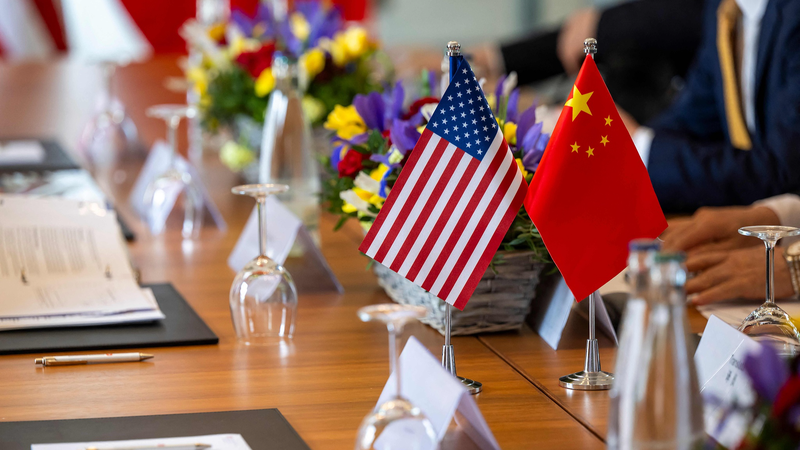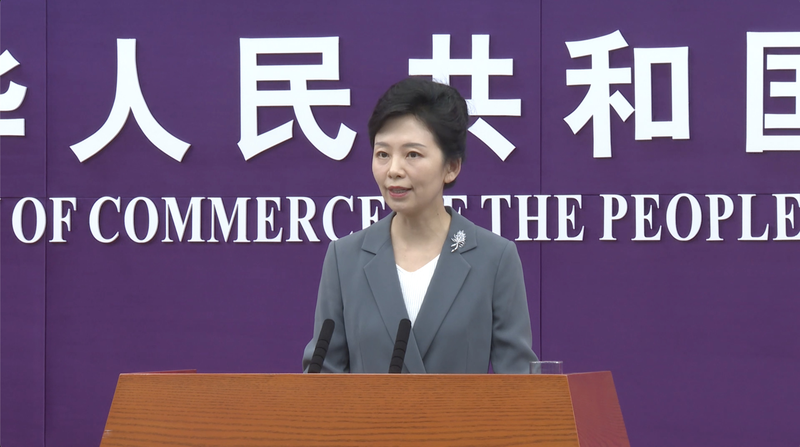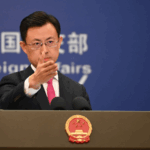Recent high-level trade talks between China and the U.S. in London have left markets buzzing with cautious hope 🕊️. While both sides agreed on a framework to ease tensions and build on past agreements, experts warn the road ahead remains rocky. Here’s what you need to know:
Market Mood: Optimism Meets Reality
Asian stocks rallied after the talks, but economists say volatility is here to stay 📉📈. Why? The deal lacks concrete details, focusing instead on crisis management and buying time to tackle deeper issues like tech competition and supply chain shifts. As one analyst put it: "This isn’t a peace treaty—it’s a temporary ceasefire."
The Decoupling Dilemma
Despite the U.S. push to reduce reliance on Chinese manufacturing, experts say full economic separation is unlikely 🚫✂️. Why? No region can fully replace China’s massive production networks—yet. Companies are now hedging bets by diversifying operations within China while exploring alternatives like Vietnam or Mexico 🌏→🌎.
Tech Wars Heat Up 🔥
Semiconductors and rare earths have become the new battleground. The U.S. views China’s tech rise as a security threat, leading to export controls and calls for "friendshoring" (shifting production to allies). Meanwhile, businesses crave stability: "It’s not the tensions that scare us—it’s the policy whiplash," says a Shanghai-based investor.
What’s Next?
Short-term wins might ease tariffs, but long-term trends point to fragmented supply chains and higher costs 💸. For Gen Z entrepreneurs and travelers alike, this means adapting to a world where trade isn’t just about goods—it’s about data, AI, and who controls the tech future 🚀.
Reference(s):
What's next for China-U.S. trade relations after the London talks?
cgtn.com








